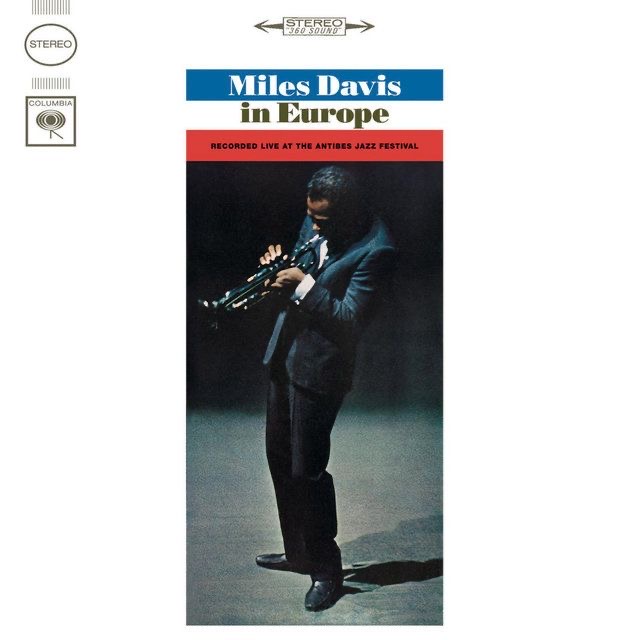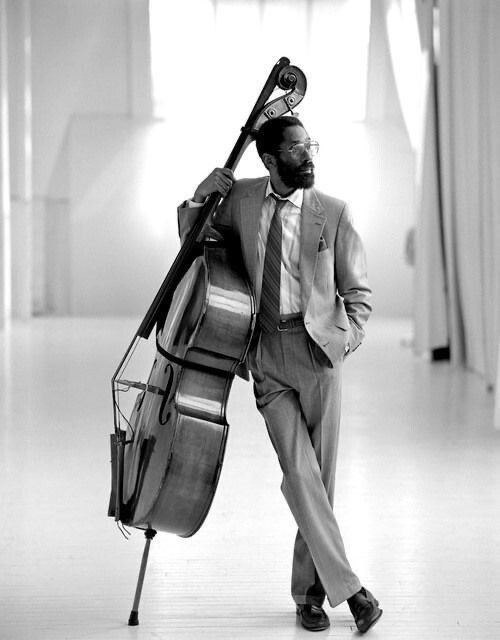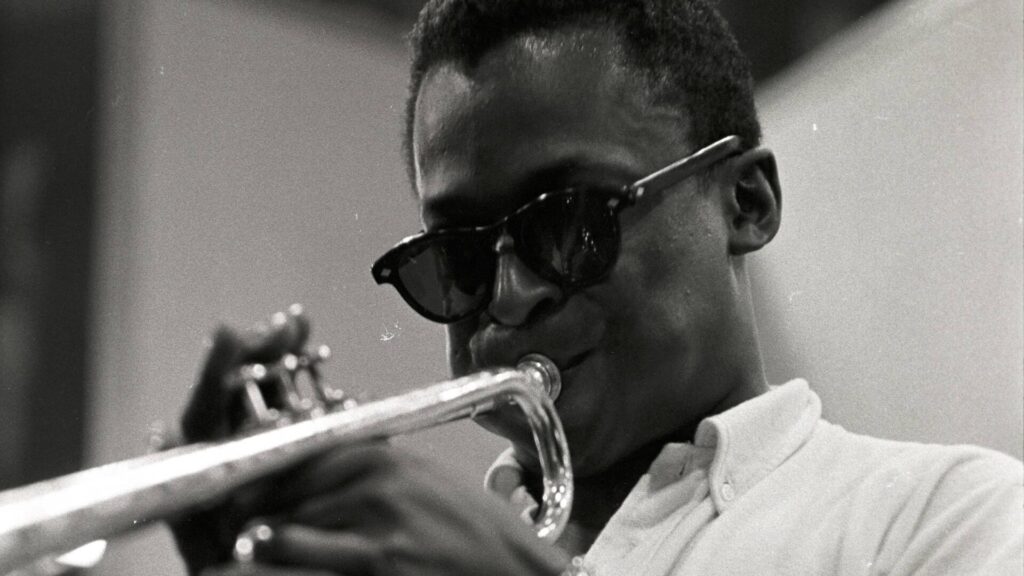Dive into the Power & Passion of ‘Tenor Madness
In the vast panorama of jazz, Sonny Rollins’ “Tenor…
After immersing myself in the captivating energy of “Miles Davis in Europe,” I felt obliged to share my thoughts on this exceptional live album. The music has a profound impact on my soul and mind, with Miles Davis‘ essence shining through brilliantly. His performance is nothing short of breathtaking, and it’s easy to see why he’s widely recognized as a pivotal figure in the world of jazz.

The Antibes Jazz Festival in France was the backdrop for a 1963 live recording, eventually released on the Columbia label in 1964. The album showcases the raw talent of Miles Davis’ quintet at the time, particularly highlighting the indisputable chemistry between the musicians. Each performance is a testament to the group’s musical prowess and their ability to push the boundaries of jazz music.

An innovative ensemble led by the legendary trumpeter Miles Davis, featuring a lineup of musical greats including George Coleman on tenor saxophone, Herbie Hancock on piano, Ron Carter on bass, and Tony Williams on drums. Each musician brought their own distinctive style and exceptional talent to the table, contributing to the dynamic sound that propelled the group to new heights of musical excellence. Together, they formed an unstoppable force that cemented their place in the pantheon of jazz history.
“Miles Davis in Europe” is an exceptional album that showcases a seamless blend of musical styles, fusing elements of modal jazz, hard bop, and post-bop into a captivating listening experience. The quintet’s remarkable versatility is on full display, as they push the boundaries of jazz while reinterpreting standards with their unique sound. The album marks a significant achievement in Davis’ career, attesting to his endless pursuit of exploration and innovation in the world of jazz.
The six tracks on the original release are a testament to the band’s remarkable prowess. “Autumn Leaves” is an unforgettable rendition, with Davis’ soulful trumpet and Coleman’s emotive saxophone taking center stage. Herbie Hancock’s piano playing shines, providing a delicate touch to the classic tune. “Milestones” exhibits Davis’ composition skills, as the quintet delves into a thrilling exploration of modal jazz. Tony Williams’ drumming propels the group with boundless energy.

“Joshua,” my personal favorite, demonstrates the quintet’s tight-knit interplay and adventurous spirit. Victor Feldman’s composition offers ample space for each musician to showcase their improvisational skills, especially Coleman’s fiery saxophone solo. The dynamic shifts in the piece display the group’s exceptional control and synergy.
“All of You,” a Cole Porter classic, is reimagined through the lens of the quintet. Davis’ trumpet work exudes pure emotion, while Ron Carter’s bass anchors the piece with elegance. “Walkin'” is another standout, with the band diving into a hard bop groove. The musicians’ solos are electrifying, each adding their distinct voice to the composition.
When “Miles Davis in Europe” was initially released, it was met with widespread critical acclaim for the quintet’s exceptional musicianship and their boundless energy. The album stands as a testament to Miles Davis’ enduring spirit of innovation, as he brings together extraordinary talent to push the boundaries of jazz. The record solidifies Davis’ place as a true musical visionary who constantly challenged himself and his peers to reach new heights.
Today, the album’s impact and legacy are undeniable. It serves as a pivotal point in Davis’ career, as well as a prime example of live jazz at its finest. The recording has influenced countless musicians and continues to be celebrated for its exceptional performances.
In conclusion, “Miles Davis in Europe” is an essential listen for any jazz lover. The album captures the essence of a legendary group in their prime, pushing the boundaries of the genre and leaving an indelible mark on the world of music.